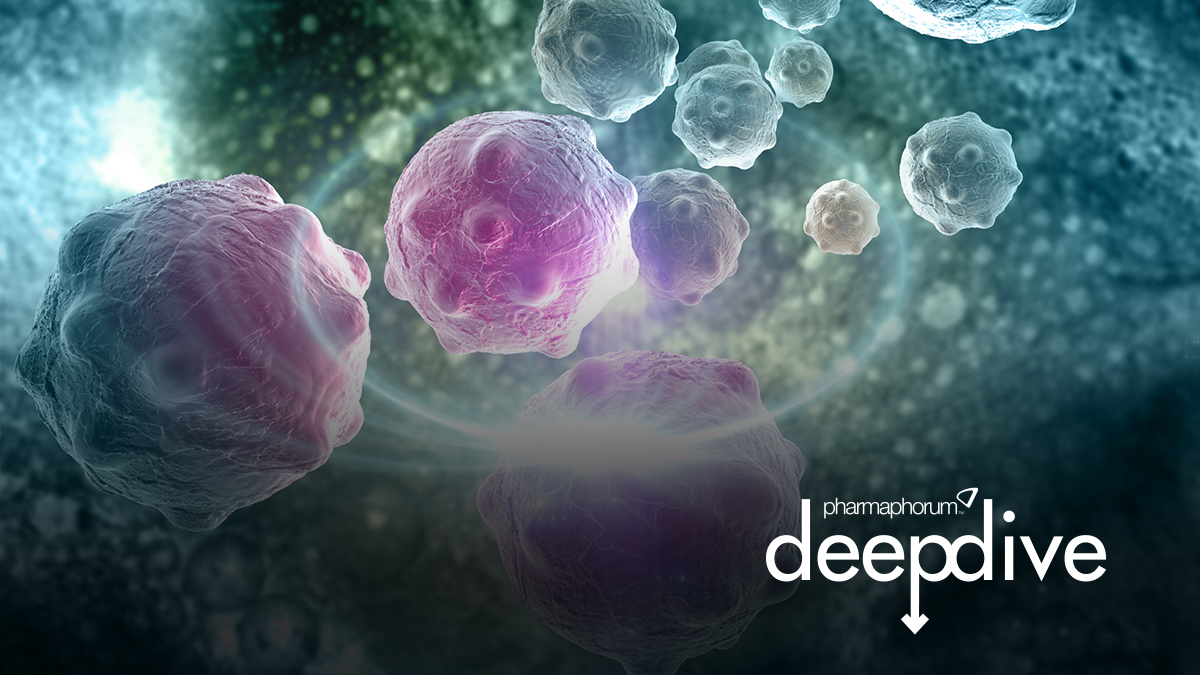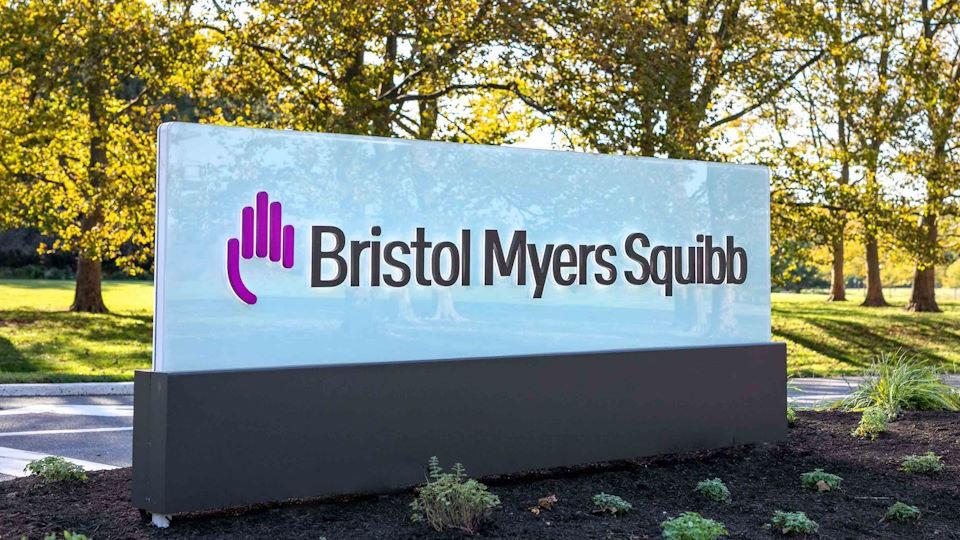ASCO highlights: the next generation of cancer therapy

For the last two years, the American Society of Clinical Oncology (ASCO) conference has been a reminder that even when COVID dominates headlines, amazing advances are still being made in cancer therapy – including in diseases previously thought almost-untreatable. Here we round up the biggest stories from this year’s event, giving us a glimpse into the exciting future of oncology. Next-gen immunotherapies take centre-stage
Bristol-Myers Squibb and Merck & Co have long been arch rivals in the immunotherapy space with their competing PD-1-blocking drugs Opdivo (nivolumab) and Keytruda (pembrolizumab) – and the competition shows no sign of letting up after both companies presented data from the new class of LAG-3 drugs at ASCO.
Lymphocyte-activation gene 3 (LAG-3) and programmed death-1 (PD-1) are two distinct inhibitory immune checkpoints that are often co-expressed on tumour-infiltrating lymphocytes (TILs) – white blood cells that migrate to tumours attempting to kill them. Tumours fight off the attack by stimulating LAG-3 and PD-1, causing the white blood cells to become exhausted. The combination activates T-cells, beefing up the improved immune response and promoting tumour cell death.
• Read the full article in pharmaphorum's Deep Dive digital magazine












